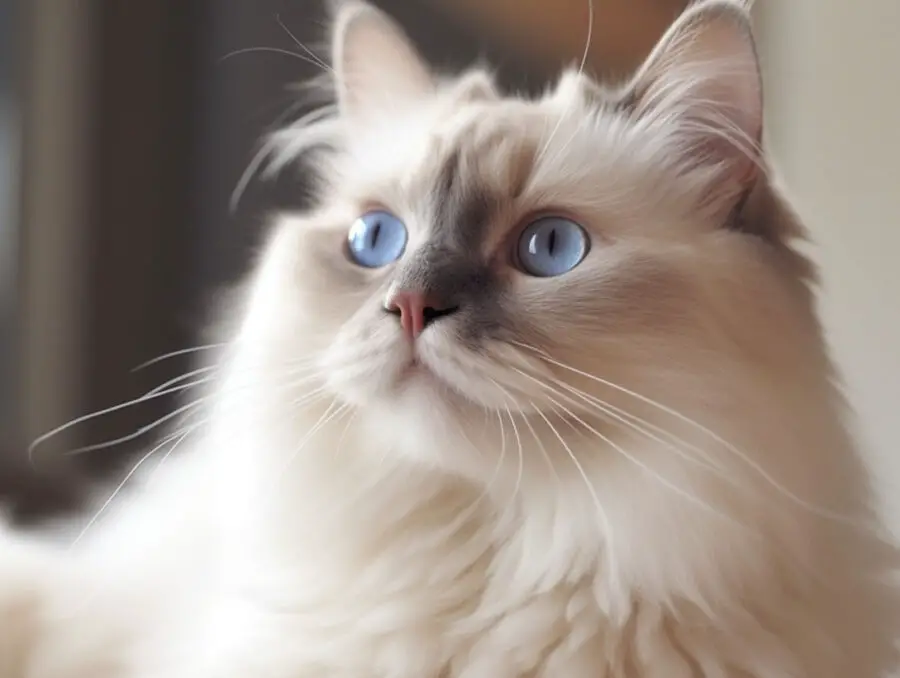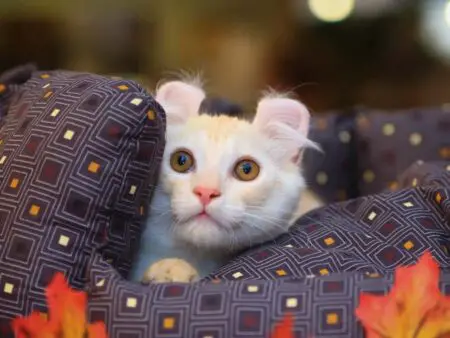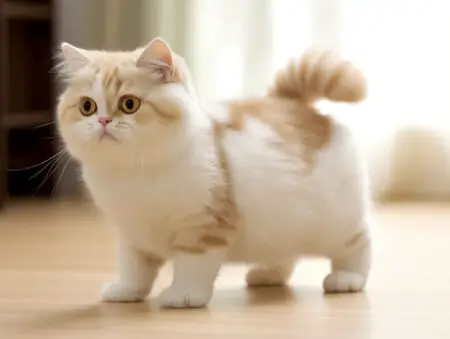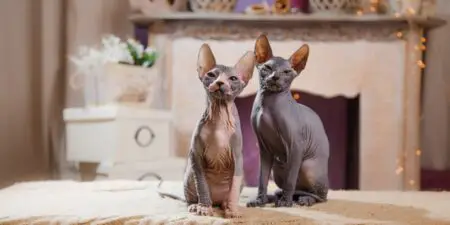Are you considering adopting a ragdoll cat and wondering if this breed is the right choice for you?
Ragdoll cats are a popular and affectionate feline breed, known for their beautiful blue eyes, soft, semi-long coat, and endearing “floppy” behavior when held.
These gentle and sociable cats make excellent companions for families and individuals alike, bringing warmth, love, and playful energy to any home.
Let’s explore 10 things you should know before bringing home a ragdoll cat.
1. Floppy Cats
Did you know that ragdoll cats are often called “floppy cats”? This is because they have a unique tendency to go limp and relaxed when picked up. This laid-back demeanor makes them great companions who don’t mind being carried around or held like a ragdoll. They simply love attention and affection!
2. Puppy-like Personality
Ragdoll cats are known for their docile, gentle, and sweet dispositions. In many ways, they behave like puppies: they enjoy being by your side, greeting you at the door, and even following you throughout the house. This affectionate breed is perfect for families with children and other pets, as they love to make friends. Some ragdoll cats even like to play fetch!
3. Appearance
All purebred ragdoll cats have stunning blue eyes, as dictated by the breed standard. Their semi-long coats are plush and silky, making them even more irresistible. Ragdoll kittens are born completely white, with their true colors becoming more evident by 8 to 12 weeks of age.
4. Life Expectancy
Ragdoll cats have a relatively long lifespan, averaging 15-20 years. To help ensure a long and healthy life for your cat, provide a high-quality raw meat diet, keep them indoors, spay or neuter them, and offer the best possible medical care. Some ragdoll cats have even lived to the age of 25!
5. HCM
Hypertrophic cardiomyopathy (HCM) is the most common cardiac disease in cats, and ragdoll cats are particularly susceptible due to breed-specific mutations. Reputable breeders test kittens for the HCM mutation and guarantee that your kitten will be HCM negative. Always choose a reputable breeder to minimize the risk of HCM.
6. Social Cats
Ragdoll cats are highly social and need more attention than other cat breeds. If you’re away from home a lot, consider adopting a companion for your ragdoll. This will help prevent destructive behavior and ensure your cat won’t get lonely when you’re not around.
7. Big Cats
Fully grown male ragdoll cats can weigh up to 20 pounds, while females can range from 8 to 15 pounds. Despite their size, they don’t have strong hunting instincts and need to be kept safe from stray dogs or cats. Their large size makes them ideal for cuddling, but ensure you provide adequate support when holding them.
8. Shedding
Ragdoll cats do shed, especially during seasonal changes. Regular grooming is essential to prevent tangles, mats, and excessive shedding. Most ragdoll cats enjoy bonding with their owners during grooming sessions.
9. Hypoallergenic
Unfortunately, ragdoll cats are not hypoallergenic. While they don’t have a thick undercoat, which can reduce dander-related allergies, most people with cat allergies react to the saliva that cats spread on their fur during grooming.
10. Cost
Purebred ragdoll kittens from reputable breeders registered with the TICA can cost between $1,500 and $3,500 in the US, depending on the quality and pattern of the cat. Make sure to familiarize yourself with the breed and avoid backyard breeders when looking for a kitten.
Conclusion
Ragdoll cats are a charming and affectionate breed, known for their striking blue eyes, gentle disposition, and unique “floppy” behavior when picked up.
Their sociable nature and compatibility with other pets make them an excellent choice for families and individuals looking for a loving and loyal companion.
With proper care, attention, and regular veterinary check-ups, ragdoll cats can live a long, healthy life, bringing joy and companionship to their owners for many years.
Things to Know Before Getting a Ragdoll Cat (Video)
Related Questions
1. How do I choose a reputable ragdoll cat breeder?
When looking for a reputable ragdoll cat breeder, do your research and gather recommendations from trusted sources such as veterinarians, cat clubs, or online forums. A good breeder will prioritize the health and well-being of their cats, provide proper documentation, and be knowledgeable about the breed. Visit the breeder’s facility to ensure they maintain a clean and healthy environment, and don’t be afraid to ask questions about their breeding practices and the kittens’ lineage.
2. What kind of diet is best for ragdoll cats?
A high-quality diet is essential for the overall health and well-being of ragdoll cats. It’s recommended to feed them a raw or high-quality commercial meat-based diet, as cats are obligate carnivores. Make sure to choose a diet that is complete and balanced, with the appropriate nutrients and vitamins for their age, size, and activity level. Consult your veterinarian for personalized recommendations and monitor your cat’s weight to ensure they stay in optimal health.
3. Are ragdoll cats good with other pets?
Yes, ragdoll cats are generally good with other pets, as they have a friendly and easy-going temperament. They enjoy making friends with other animals in the household, including dogs and other cats. However, it’s essential to introduce new pets gradually and ensure each animal has their own space, food, and water bowls to minimize territorial issues. Keep in mind that the personalities of individual pets may vary, so always supervise their interactions initially.
4. How can I keep my ragdoll cat entertained and engaged?
To keep your ragdoll cat entertained and engaged, provide a variety of toys and playtime activities. Puzzle toys, scratching posts, and interactive toys can help stimulate their minds and prevent boredom. Regularly rotate the toys to maintain their interest, and spend quality time playing with your cat daily. You can also consider adding a cat tree or shelves for your ragdoll to climb and explore, or even train them to walk on a leash for supervised outdoor adventures.
5. How often should I take my ragdoll cat to the veterinarian?
It’s important to schedule regular check-ups with your veterinarian to ensure your ragdoll cat stays healthy. Typically, annual visits are recommended for adult cats, while kittens and senior cats may require more frequent check-ups. Regular vet visits will help monitor your cat’s overall health, provide necessary vaccinations, and address any potential health concerns early. In addition to routine visits, consult your veterinarian if you notice any sudden changes in your cat’s behavior or health.
"In ancient times cats were worshipped as gods; they have not forgotten this."
-- Terry Pratchett





